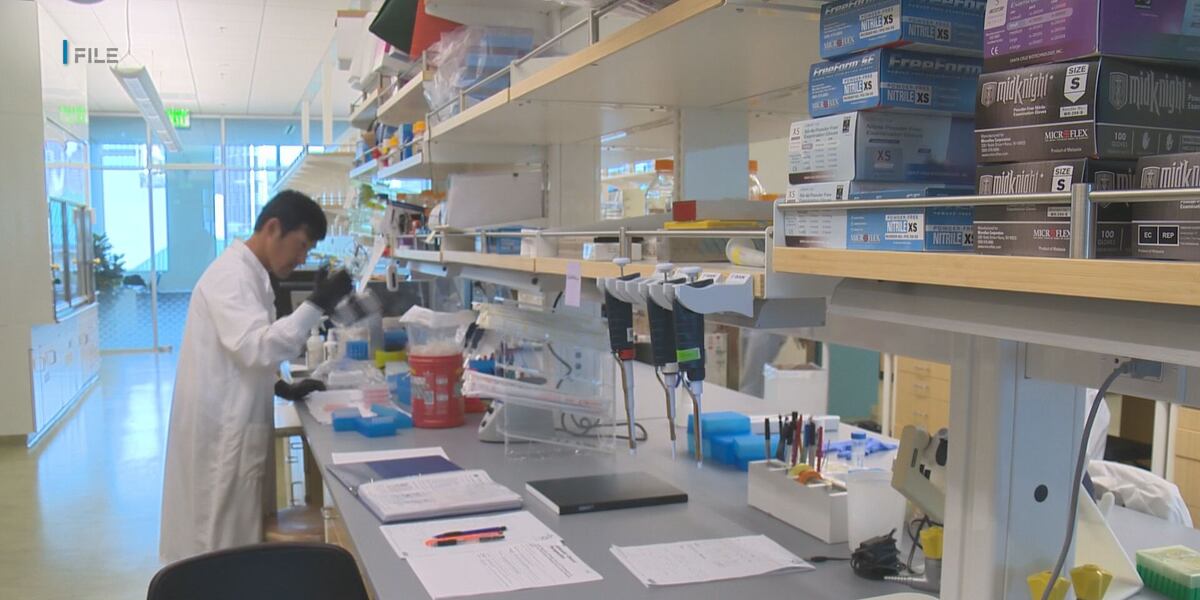Maui Wildfire Aftermath: UH Study Reveals Widespread Health Concerns – A State First

The University of Hawaiʻi (UH) has launched the most extensive post-disaster health survey in the state's history, focusing on the devastating impacts of the August 2023 Maui wildfires. This groundbreaking research offers a crucial look into the physical and psychological toll the fires have taken on residents, revealing a concerning prevalence of health problems that demand immediate attention.
The survey, conducted by a team of researchers from across the UH system, aims to understand the long-term health consequences faced by those directly affected by the wildfires, as well as the broader community. It's a critical step in informing public health strategies and resource allocation to support recovery efforts.
Beyond the Physical: A Mental Health Crisis
While the immediate physical dangers of the wildfires – burns, smoke inhalation, and displacement – are well-documented, the survey is particularly highlighting the significant mental health burden. Researchers are reporting elevated levels of anxiety, depression, post-traumatic stress disorder (PTSD), and grief among survivors. The loss of homes, livelihoods, and loved ones has created a profound sense of trauma that will require sustained and comprehensive mental health support.
“We’re seeing a level of distress that is deeply concerning,” says Dr. [Insert Researcher Name - if available], lead investigator on the project. “The wildfires weren’t just a physical disaster; they were a psychological one as well. The long-term effects on mental wellbeing will be significant, and we need to be prepared to provide ongoing support.”
Physical Health Concerns Emerge
The survey also identifies a range of physical health concerns, including respiratory issues linked to smoke exposure, skin conditions, and an increase in chronic disease flare-ups. The disruption of healthcare access in the aftermath of the fires has further exacerbated these challenges, delaying treatment and potentially leading to long-term health complications.
Data-Driven Solutions for Recovery
The data collected from this survey is expected to be invaluable in guiding the recovery process. It will help identify specific health needs within the affected communities, allowing healthcare providers and policymakers to tailor interventions and allocate resources effectively. The findings will also inform future disaster preparedness efforts, ensuring that communities are better equipped to cope with the health impacts of similar events.
A Collaborative Effort
The UH study is a collaborative effort involving researchers from the University of Hawaiʻi at Mānoa, the University of Hawaiʻi–West Oʻahu, and other institutions. It’s being conducted in partnership with community organizations and healthcare providers to ensure that the survey reaches a broad range of residents and that the findings are disseminated effectively.
Looking Ahead
As the recovery process continues, the UH health survey will serve as a vital resource for understanding the long-term health consequences of the Maui wildfires and for developing strategies to support the wellbeing of the affected communities. The study underscores the importance of investing in disaster preparedness and ensuring that communities have access to the resources they need to recover and rebuild.




